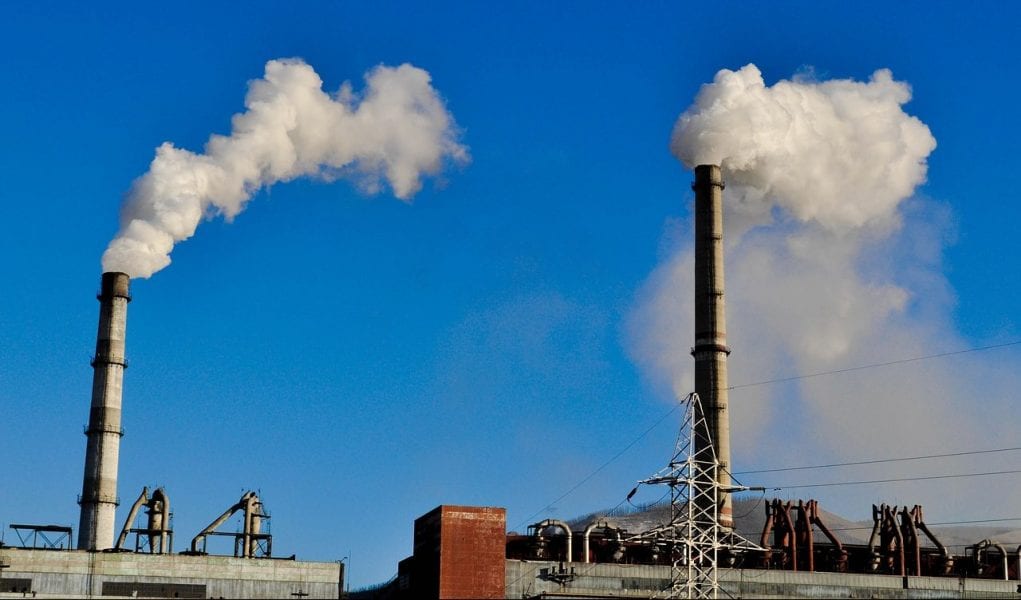Fossil fuel-based energy has been a driver of economic development over the past 200 years. However, in the future access to fossil fuel-based energy will need to be limited due to climate change. An overview article, which has been published in WIREs Energy and Environment, explores the growth consequences of the shift to a low-carbon economy.
To decouple economic growth from carbon emissions, progress needs to me made along two dimensions: the carbon intensity of energy (the amount of carbon emitted per unit of energy) and the energy intensity of GDP (the amount of energy used per unit of economic output).
Over the past 20 years most countries have reduced their energy intensity. However, the carbon intensity of energy has decreased only in high income countries (see Figure). Much faster progress is necessary – and possible.

Model results show that rapid decarbonization is technologically feasible. Like all structural change, it will entail short-term adjustment costs. However, over the long-term the switch to low-carbon energy offers growth opportunities. It offers cleaner, more dynamic and more sustainable growth with additional benefits via innovation, the removal of market failures, reduced local air pollution and improved energy security.
The window for new coal-fired power generation (the most polluting form of electricity) is closing rapidly. However, the speed of decarbonization will generally depend on individual circumstances. Developing countries, with their low stock of existing energy assets, have the opportunity to leapfrog to cleaner technologies from the outset.
Kindly contributed by Sam Fankhauser and Frank Jotzo.

















